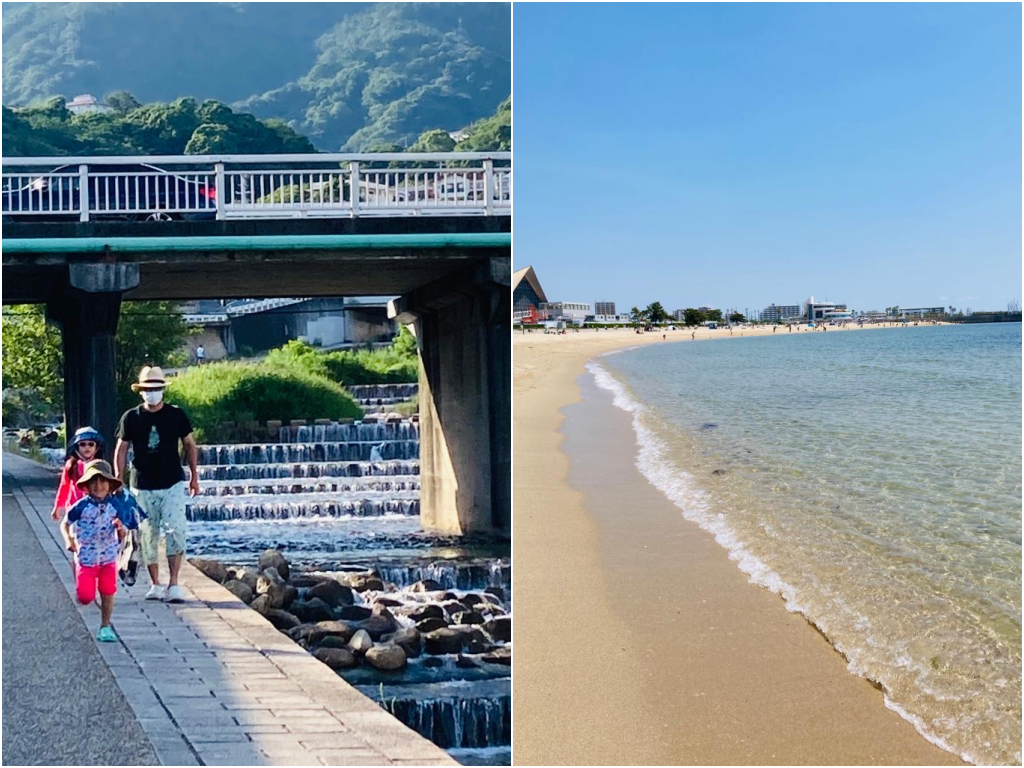Godot, a Kobe-based startup is drawing attention from all over the world
2023.06.02
Behavioral Science x AI to Boost People’s Health
Godot, a Kobe-based startup is drawing attention from all over the world
The “SDGs CHALLENGE,” a startup support program of Hyogo Prefecture and Kobe City, started in 2021. This program supports business development and overseas expansion through its well-built ecosystem, acceleration programs, and mentoring for startups aiming to solve global issues like the SDGs.
Godot Inc. A 2022 participant of the program, is a Kobe-based startup that has developed “Nudge AI,” a combination of behavioural science (nudge) and machine learning (AI) that encourages people around the world to act to maintain and improve their health. We interviewed Mr. Ken Moriyama, CEO of Godot, about the things he acquired from participating in the SDGs CHALLENGE.
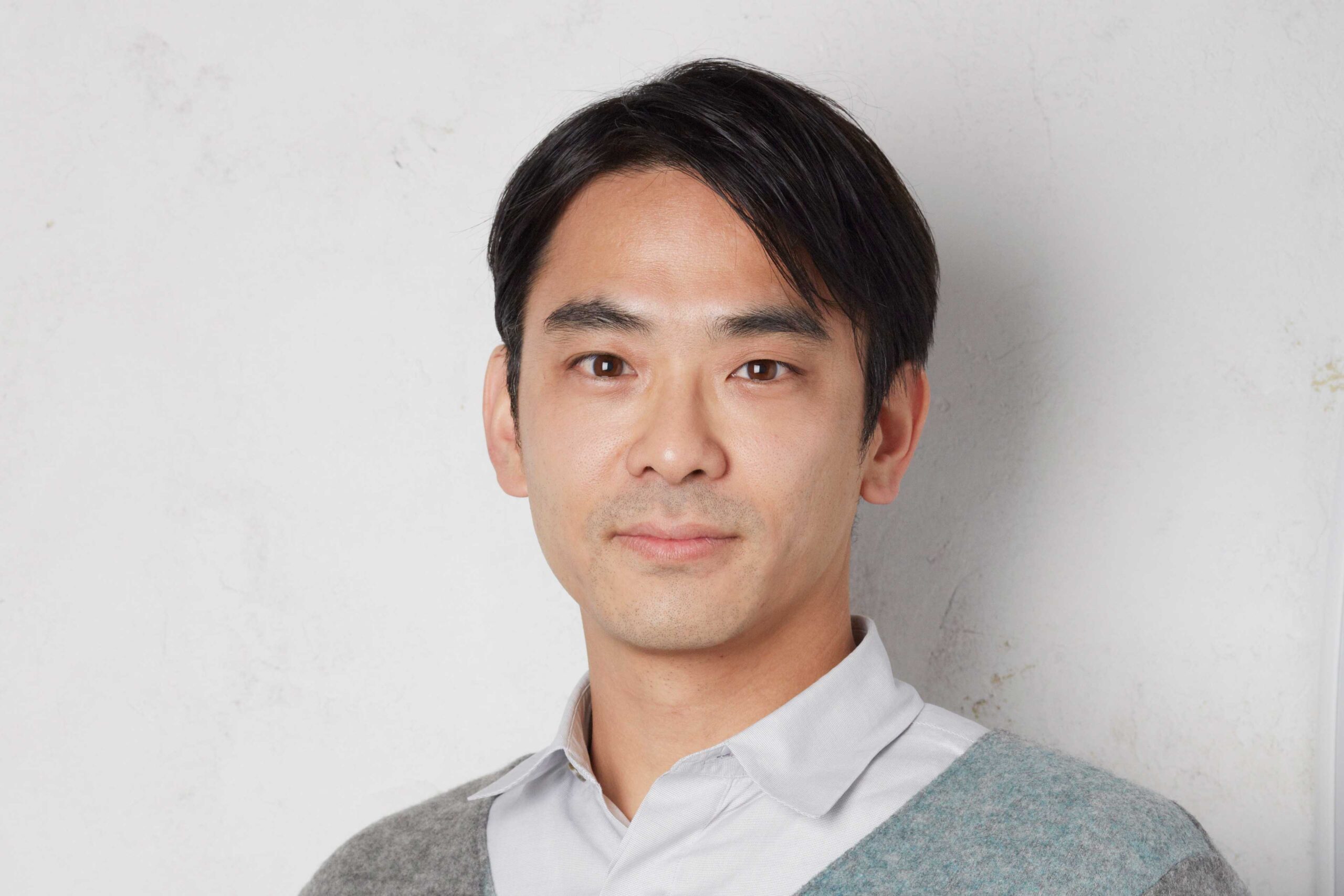
Godot Ltd.
CEO:Ken Moriyama
Established on: July 2020
Address: Within KiP, 56 Naniwa-cho, Chuo-ku, Kobe City, Hyogo Prefecture
Website:https://godot.inc
This article is originally copyrighted by Life-Tech KOBE
With the mission of “awakening people and society through science,” we develop and provide “Nudge AI,” a personalized engine that combines behavioral science and machine learning to promote health behaviors tailored to each individual. Nudge AI” is used by local governments in the area of public health (e.g., to improve cancer screening rates), and has also been incorporated into WHO and UN projects.
Creating the optimal catalyst for each individual to bring to action
Please share what made you develop Godot
I was born in Kobe, moved to the U.S. when I was just one, and after spending my student life from elementary school to graduate school there, I moved back to Tokyo. I then joined the workforce in the field of the foreign financial institution in Tokyo for a decade. After successfully selling the funds to a major fund at my very first job, I happened to undergo building a social business, KSD, for the first time. This experience of building a social business made me seriously get involved in governmental services. Indeed, building KSD worked as Godot’s precursor. I studied “public policy based on scientific evidence” at Oxford University which made me want to work in government service. I have been very curious about the psychology behind the decision making process as an investor as well as a startup founder, like the thought process behind making business decisions and gathering all kinds of information. It was then that I met a group of like minded peers who encouraged me to pursue it.
What kind of service is “NudgeAI,” a combination of behavioral science and machine learning, for which you have received numerous patents and trademarks?
We are currently working on creating behavioral change by working on a case-by-case basis. The world is increasingly diversifying and so is the need for personalization. Our business centers around personal wellbeing. For example, there are various reasons why people won’t act on matters, such as cancer screening, savings, dieting, and others. The reasons being “I don’t have enough time,” “I don’t feel the need,” and many more. So we have developed “Nudge AI©”, which combines behavioral science and AI to provide a supportive push for individual behavior. Behavioral science is the study of the relationship between humans and society via a variety of scientific methods. By combining behavioral science evidence and people’s behavioral data. We help design interventions that effectively and efficiently transform decision making with behavior. NudgeAI will enable the service and communication design into a reality. Our strength is that we have the technology to research what kind of approach can initiate a change in user behavior, and we are capable of designing individualized and optimized approaches.
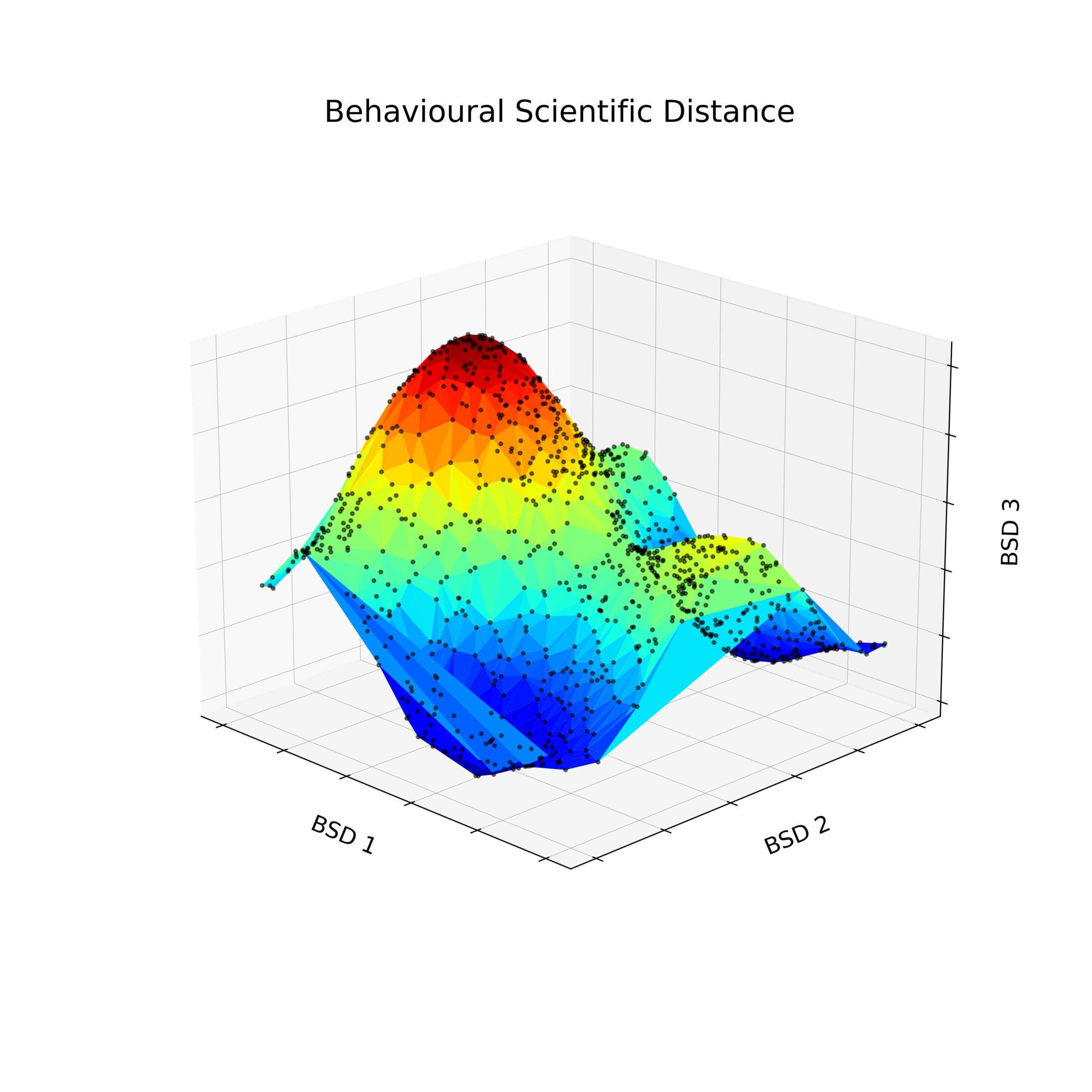
You are saying that you create a bespoke approach based on individual behavioral data, rather than acquiring information on the demographics of the user.
We call it “exploratory”. We don’t try to encourage action in a single session but rather note the person’s reaction by bombarding them with various information. And then we design interventions based on the behavioral characteristics that we have collected by looking at their response to the information. An example is, in the case of mountain climbing, instead of aiming for the top of Mt. Fuji from the beginning, we encourage the consumer by asking them “First, please climb to the third station”. We will then observe how they reach the third station. And then based on their process of reaching third base, we will find the most effective way to encourage them to reach the top.
NudgeAI is already being used in the area of public health by various local governments, and what are the results?
In the case of Osaka City, where they wanted to increase the colorectal cancer screening rate. Where 80% of the 4,000 residents had never had a cancer screening in the past, so we used various methods to encourage them to take the test. We succeeded in raising the screening rate to 46% overall, among that 39% with postcard mailings and 54% through SMS. The figures proved that Osaka City has achieved a medical cost optimization effect, specifically speaking, six times greater than the cost of this project. So I can confirm that we have succeeded in attaining a noticeable effective change in behavior.
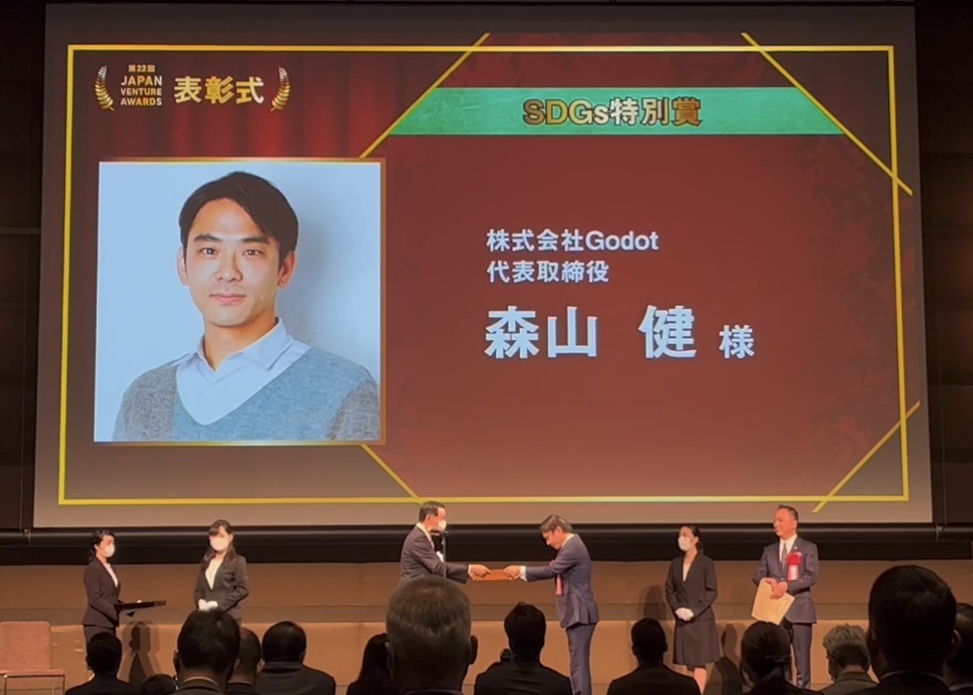
-You have achieved remarkable outcomes and results in the field of public health, and have now been endorsed by the WHO and the United Nations, thus making an impact on society.
Thankfully, the introduction of the system is progressing at a rapid pace, and in addition to the promotion of health management, cancer screening encouragement, vaccination encouragement, and specific health checkup encouragement, its use is spreading to mental health applications, diet support, English study support, and promotion of tablet use among the elderly in the context of improving wellbeing. The use of tablets for the elderly is also spreading.
We have also been selected for the WHO’s “Innovation Challenge” and are in discussions with governments in various countries. Specifically, we are now preparing for demonstration projects in Vietnam and Malaysia for tuberculosis prevention.
-Why did you choose to apply for the SDGs Challenge when you were already active both domestically and internationally?
At the time of my application, I was still a division of a former think tank for the government. It was the time I was wondering whether to target various organizations and not just local governments in Japan for projects to improve well-being. And I was attracted to the program because of the mentors it has, as well as the opportunity to work with other start-up executives.
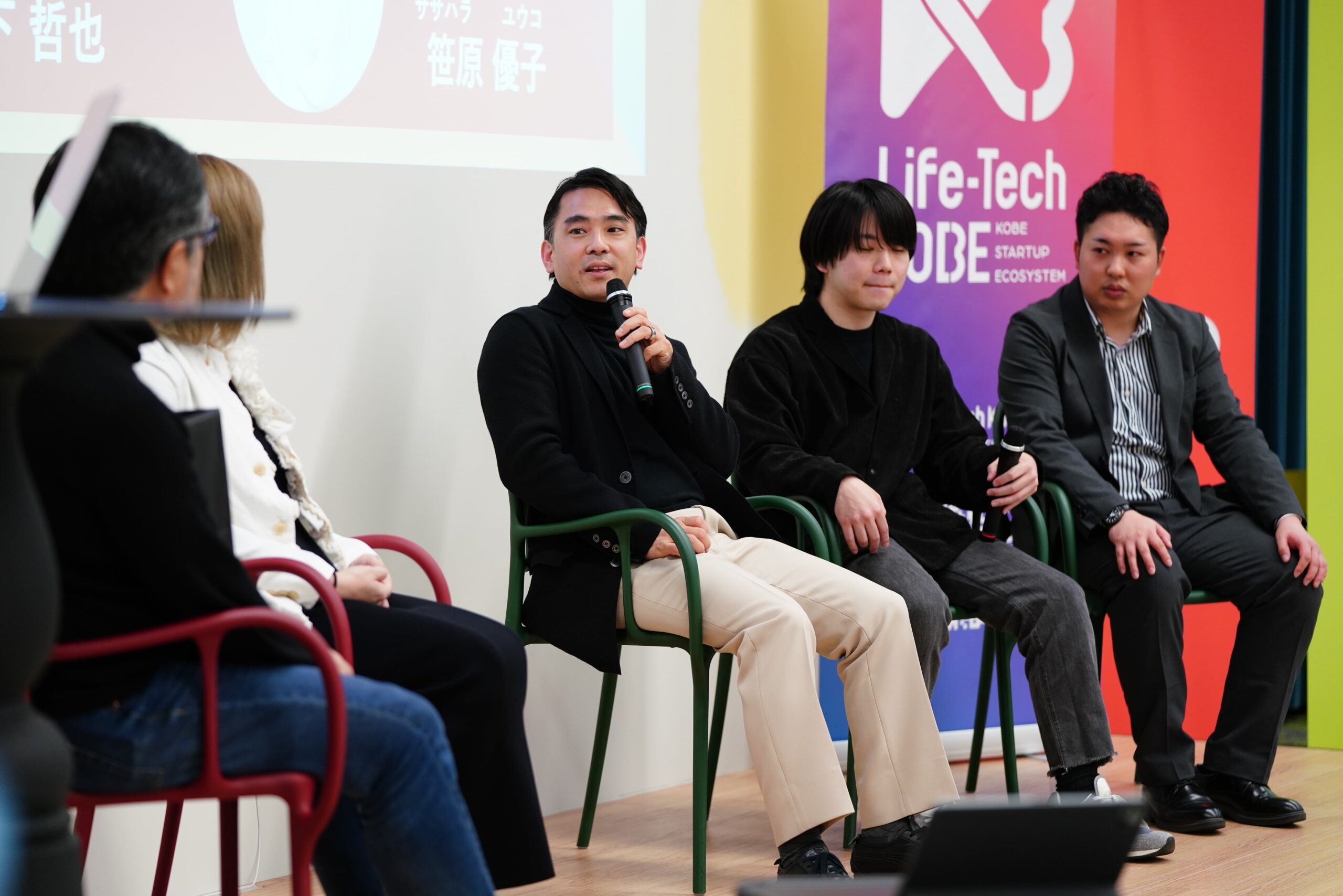
Mentors are like cheerleaders
–How did the participation in SDGs program affect you and were there any discoveries made through it?
Through SDGs Program, I was assured that I could be successful by becoming more independent. I could accomplish my goals with a clear mission, vision, and values. I could be more committed to what I wanted to achieve in order to accelerate the process in reaching my goals. I think I met about five mentors during the program, ranging from public health experts to team-building experts. They were all so supportive just like the cheerleaders. They were not only focused on sales or profit and always encouraged and ensured us, which created a safe space, where I was reassured about not being wrong about focusing on social issues. The mentors always reminded me saying “You are not wrong for tackling social issues” in different ways. For us, that was indeed the most important and the best thing that we could have. I strongly felt the importance of having someone who support sincerity and faithfulness in solving social issues with passion and confidence. I realized that all startups need such cheerleaders.
Some Silicon Valley textbooks refer to them as ” diehard fans,” but mentors are more like the loyal customers in the early stage who spread the word to others. It is very helpful to have someone say “I believe in you” from a different perspective than the customers. In that sense, if I had not participated in the SDGs CHALLENGE, I might not have been independent as Godot.
-Did you develop good relationships with the other participants in the program?
Yes, I did. Some of them have even grown to be my family friends. And I have developed a good relationship with others where we discuss issues related to fundraising and organizational development. Since there are many opportunities like competitions and events, where we meet in real life, so we have grown into a community. I feel that it is very important to have a community, more than I had imagined.
Kobe is a city that supports the challenges of startups
-You have based your company in Kobe. What would you say is the charm of working here?
I live in Kobe with my family. I also wanted to raise my children in a port city with an international vibe, which is why I am based in Kobe. Right now, there are startup support systems globally, and they are being established in various places in Japan as well. Startups need such ecosystem as they need the push like “go for it!” I think it is important for a startup to be empowered and pushed to think, “Okay, I’m going to do it, I’m going to work hard”. For me, Tokyo is not the place to be right now, and since I am working on behavioral science and human characteristics, I feel the need to be in a place where I can feel that things are continuously moving forward. Kobe is historical and its still lively here. In that sense, I think Kobe is appealing because it is neither too rural nor too urban, and has good accessibility. Above all, Kobe is rich in history but it is also where things are constantly moving and I feel this environment is well suited for my business.
-It seems like the reason you gravitated towards Kobe, Hyogo, was not just the monetary support but the ecosystem here. Is that so?
I think the fact that the program is sponsored by Hyogo Prefecture and Kobe City is noteworthy, and I am glad that SDGs challenge provides financial support as well. On top of that, what made me gravitate towards the SDGs Challenge program was the enthusiasm and the sincere fan-like support from the mentors and staff of this program. That is something I am very grateful for. I also feel that the Public sector, particularly the New Industry Division gave us the energy that we needed to move on with our business idea. I believe that emotional and financial support are both necessary when considering taking any project ahead.
-“NudgeAI” is expected to be utilized in other sectors including the field of public health in the future.
My ideal state would be where Godot is at the forefront of behavior change and communication design. Meaning wherever Godot is, is where the most advanced services related to behavior change and cutting edge communication design will be. I want to use AI to empower each human accordingly so everybody can live to their full potential. The AI will assist humans to enable their unique abilities or hidden talents. I hope to apply these ideas utilizing “Nudge AI” to various fields and raise the standard overall.
